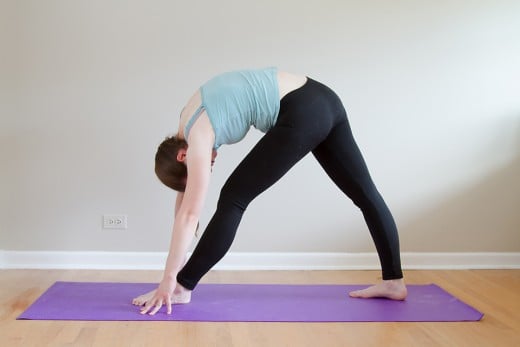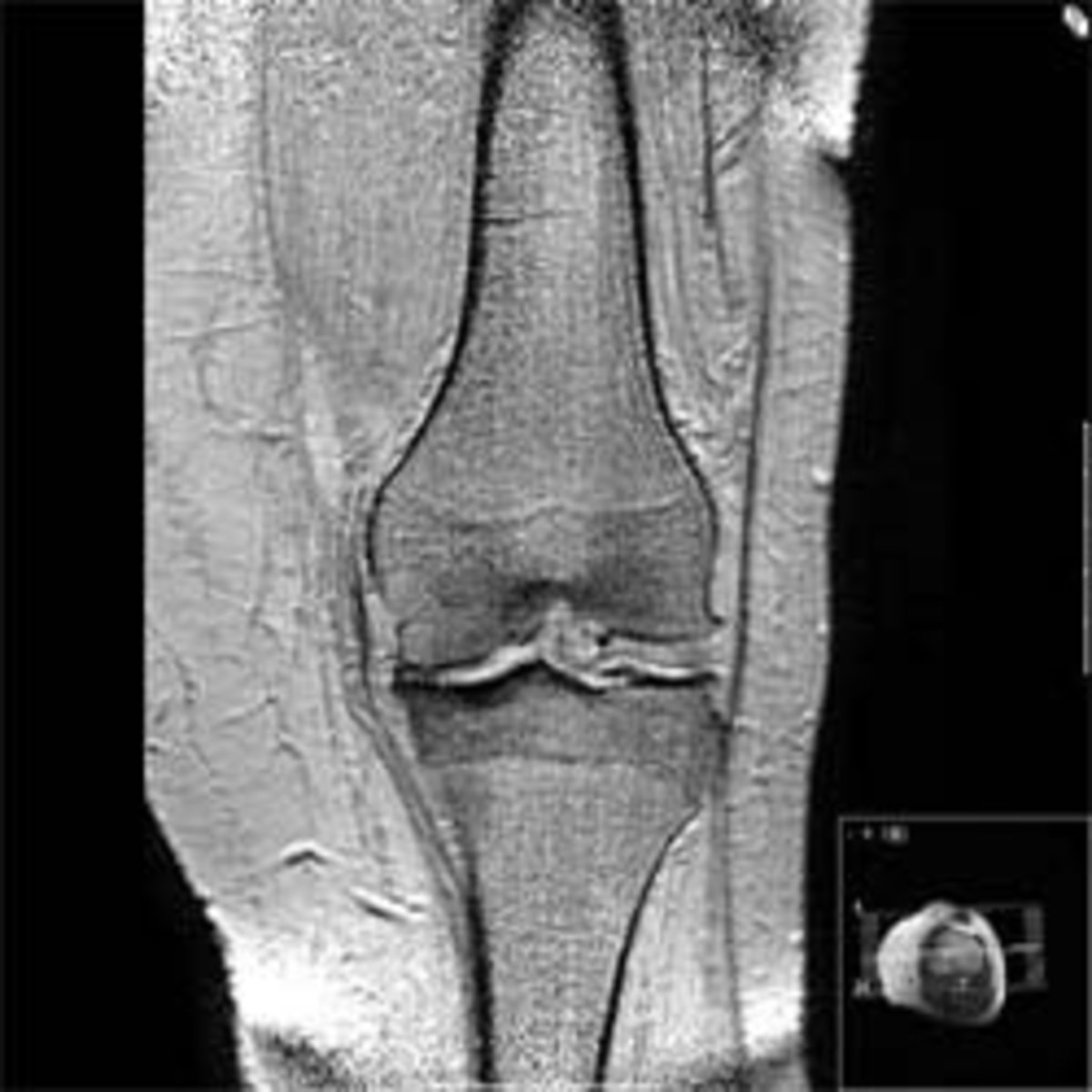Exercising Compassion

The Well of Compassion
Compassion is a wonderful thing. Whether or not we admit it, we all depend on the compassion of people around us, especially those we love most. The compassion of others gives us something to lean on in hard times. Stories of compassion restore the faith in humanity that can be damaged by the gruesome, brutal images that bombard us daily in the news and other media. Compassion in others inspires us to compassion ourselves. And just as we lean on the compassion of those we love when times get rough, they in turn lean on our compassion when they find themselves in hard times.
It is in letting others lean on them, though, that people find themselves getting into trouble. People who have always aspired to be a well of compassion that never runs dry suddenly find themselves resentful of the people who come to them with their troubles. They find that the overflow of emotion that used to well up in their hearts is now barely a trickle. Where once there was sympathy, there is now numbness, or even annoyance and resentment.
The fact is that their well will run dry. And by the time that they realize something is wrong, it usually has.

What is compassion fatigue?
Exercise is a good thing. It makes us feel good, and it is good for us. In the right amounts, exercise can give us a burst of energy for several hours afterwards. However, most regular exercisers can tell you that the energy they gain from their workout has usually slipped away by bedtime, leaving their bodies pleasantly fatigued and ready to sleep. This is how exercise is supposed to work.
Sometimes, people overdo exercise, though. And rather than being energized afterwards, they are exhausted. That pleasant fatigue at bedtime becomes a nagging tiredness that comes with aches and pains compounded by the protests of their overworked bodies. Soreness from such ill-considered workouts can last for days. And if one continues to overdo it in their workouts, they risk seriously injuring themselves.
Compassion can work the same way as exercise.
Acts of compassion make us feel good. And in the short term, they can energize us. But they also take a little bit of our energy reserves. If we do not take the time to recover those mental and emotional energy reserves, they will run out.
Compassion fatigue is what happens when those reserves run out. It can manifest itself in a variety of ways, with the most common symptoms being nagging fatigue, irritability, and depression. If pushed beyond that, physical burnout and illness may occur.
Recognizing Compassion Fatigue
Though some symptoms of compassion fatigue can be subtle, here are some of the most common signs that you may be reaching your threshold of compassion:
- A persistent, nagging fatigue that does not seem to go away.
- Irritability
- Depression
- Resentment of friends and loved ones who ask you for help.
- Strained personal relationships, due to resentment, blame, and guilt.
Fighting Compassion Fatigue
Recognizing the symptoms of compassion fatigue is the first step in fighting it. The next step is to learn to limit your acts of compassion so that you are not giving more than you are getting back. Here are a few pointers to get you in the right direction:
- If the problem is monetary donations to charity, budget for it. Set a monthly limit for yourself.
- Avoid the news in the hours before bed. Upsetting images and stories can disturb your sleep and further drain your well.
- Set aside time for yourself every day. Unplug your appliances. Take a walk. Have a cup of tea.
- Limit your contact with people who are especially likely to drain you.
- IT IS OKAY TO SAY NO! It is reasonable for loved ones to expect the occasional sacrifice in times of great need. It is NOT REASONABLE FOR ANYONE TO EXPECT YOU TO BE AT THEIR BECK AND CALL! If what is being asked of you makes you feel a little put out, but you are willing to do it out of love for that person, then go ahead. BUT! IF WHAT IS BEING ASKED OF YOU MAKES YOU FEEL RESENTFUL, SAY "NO!" LOUDLY AND CLEARLY!
- TAKE RESPONSIBILITY FOR YOUR OWN WELLBEING! Be firm when you say no. Do not hem and haw, or you will make it much easier for the other person to goad you--intentionally or unintentionally--into saying "yes" when you should be saying "no."
Remember that boundaries are key to keeping yourself healthy. And it is your responsibility to see that your boundaries are respected. The thought may be frightening, but it can also be very empowering. Especially when you see that your quality of life is improving for having such boundaries.








